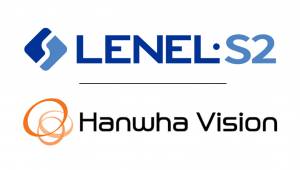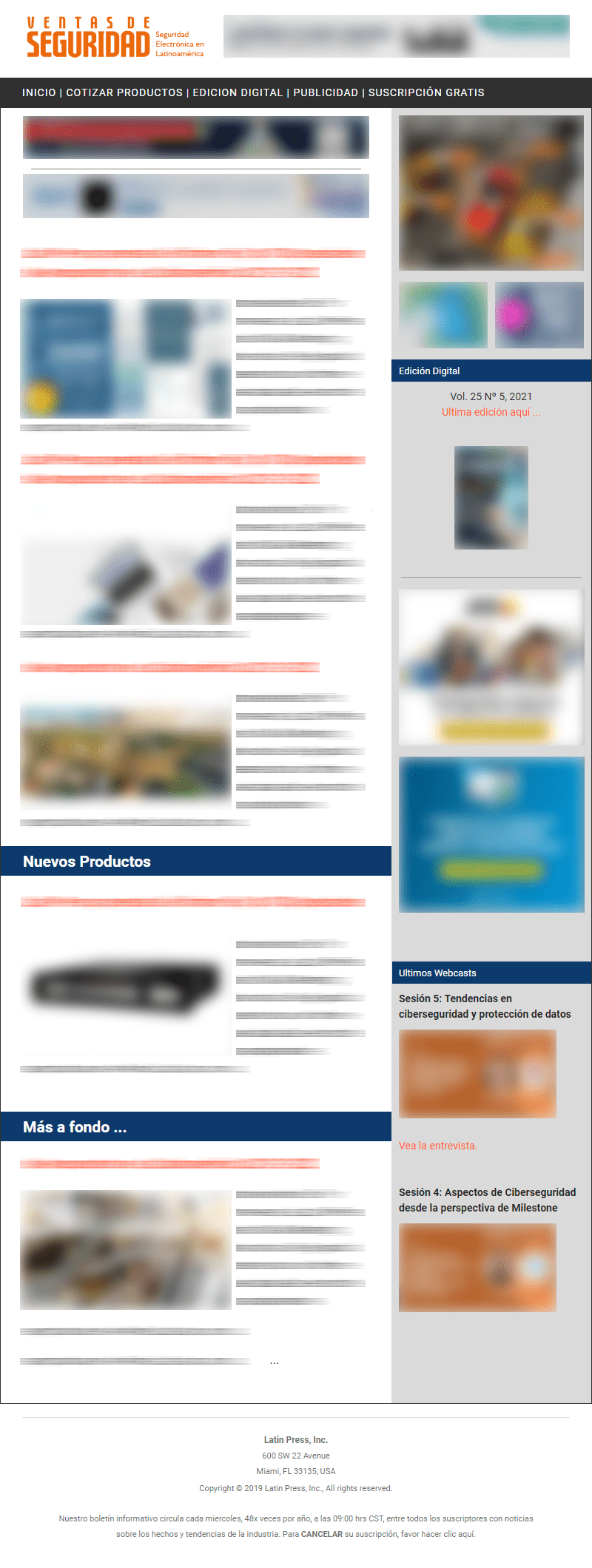 These days it's common to hear the term artificial intelligence (AI), but really, what does it mean?
These days it's common to hear the term artificial intelligence (AI), but really, what does it mean?
By Israel Austria*
It is easy to think that everything called 'smart' is something intelligent, but this is not necessarily so. A recurring example within the industry is intelligent analytics, most of which, despite having this designation, are simply predefined algorithms that rely on someone to modify, update and improve them; in other words, they don't necessarily learn something new over time.
In its most basic form, AI refers to the machine's ability to learn on its own, unlike machine learning, which refers to how AI is being applied in evaluating data, both on a superficial and deep level. We also have analytics, which are usually a concept that encompasses all the results that are presented to the user, but that are not necessarily related to AI.
Artificial intelligence and video analytics
Traditionally, video analysis has been based on rules decreed by a human programmer who sets fixed parameters for each situation that the system must recognize. In comparison, AI-based content analytics technology can learn directly from the video about objects, their relationships to each other, and their behavior.
This makes it possible to identify objects 'intelligently' and classify situations. The system will be able to understand whether it has normal or abnormal behavior and alert the operator to unusual activities, which will lead to the development of predictive systems in the future.
Artificial intelligence and machine learning are applied to devices and equipment to obtain functions that the human being could not reach; for example, sitting and looking at all images from the cameras simultaneously.
Our attention doesn't work that way, but the machines are extremely good and detailed in this. Leveraging data and videos from devices is the foundation for combining machine intelligence with human judgment.
In other words, artificial intelligence is the evolution of video analytics. But, instead of creating algorithms around something we're seeing, it's building systems that actually learn what's happening on the fly. Inherently, quality will continue to improve over time, and that will help us drive better adoption with better quality.
Learning from the superficial to the deep
Due to hardware processing power limitations, machine learning could only implement shallow learning of very large data sets. With recent significant advances in the processing power of graphics processing units (GPUs), we can now use a deep learning approach in which we can see data at many more levels or dimensions; hence the word "deep".
Milestone, for example, has moved to this new GPU computing platform by recoding our software to use a new type of encoding called parallelization. Software parallelization is a coding technique to break down a single problem into hundreds of smaller problems. The software can run those 100 or 1,000 processes on 1,000 processing cores, rather than waiting for one core to process the data 1,000 times.
With parallelization, there is a breakthrough in how quickly we can solve a problem. And the faster we can solve a problem, the deeper the datasets can be processed.
Challenges in a smart future
Historically, the great challenge of AI has been power, because it takes a lot of computation to process all this data. However, with NVIDIA, the computing process is no longer an issue.
Now the challenge for the overall architecture and infrastructure of these projects is how to secure them. It's a lot of data, and if it's valuable to us, it's probably valuable to someone else as well. So how can we maintain control over that? That's probably the biggest hole we see in most deployments: a lack of attention to the elements of cybersecurity.
We are still in the infancy of artificial intelligence. It will be quite some time before AI has the potential to replace the capabilities of a human team. The most likely scenario is that artificial intelligence will be leveraged to process much more data in much less time, allowing end users to make better decisions faster.
We need people, we just want to give them better data for their decision making; people who make an opinion of the data provided, and video will certainly be a crucial tool in this process, ensuring visual access in real time, turning the data into visual information.
Combining machine intelligence with human judgment is a prerequisite for making the most of the data generated by IoT (Internet of Things) environments. And I have no doubt that video will be the basis for people to trust this data in the future.
Currently, there are few solutions that truly implement artificial intelligence in the security industry. Many solutions are 'TRAINED FOR AI', meaning that in the lab their algorithms are trained using AI capabilities. But, once that algorithm is developed, it is implemented as just a smart device and no further learning occurs. The only time these algorithms will improve is when they are updated to include improved learning.
* Israel Austria, Milestone Systems Solutions Engineer for Latin America.

























Leave your comment